Social Media Customer Service Explained: Benefits You Should Know
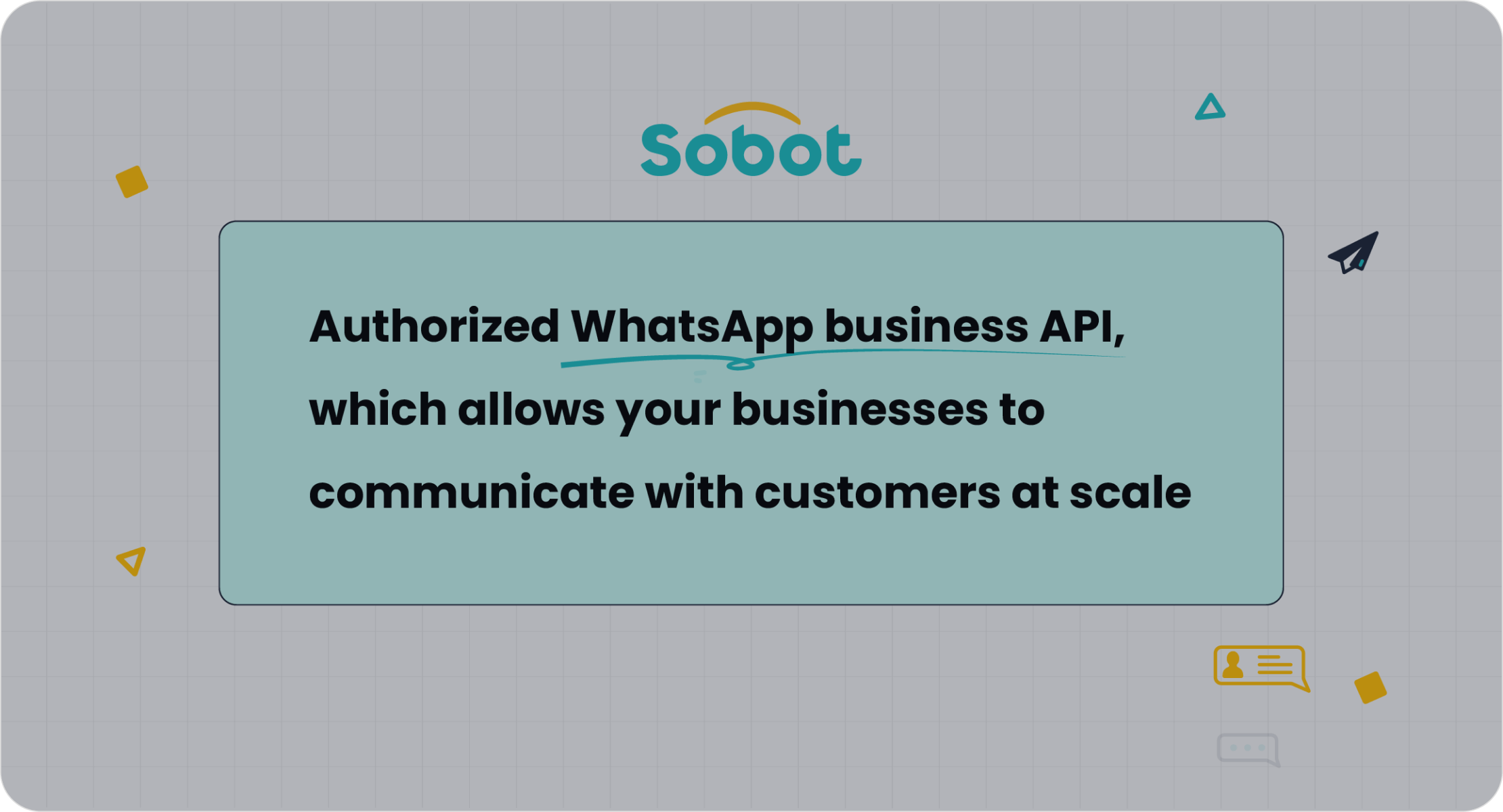
Social media customer service refers to using platforms like Facebook, Instagram, and Twitter to address customer inquiries and resolve issues. This approach has become essential as more people rely on social media daily. Over 5 billion people globally use social media, spending an average of 2 hours and 20 minutes each day. This trend gives you a unique opportunity to connect with customers where they are most active.
By leveraging social media for customer service, businesses can offer quick responses and build stronger relationships. Positive interactions enhance customer satisfaction and loyalty while driving engagement. Tools like Sobot’s WhatsApp Business API enable seamless communication, ensuring you meet customer needs in real time.
What Is Social Media Customer Service?
Definition and Overview
Social media customer service involves using platforms like Facebook, Instagram, Twitter, and WhatsApp to assist customers. It allows you to address inquiries, resolve complaints, and provide support directly through these channels. Unlike traditional methods, this approach connects you with customers in real-time, offering a more dynamic and interactive experience.
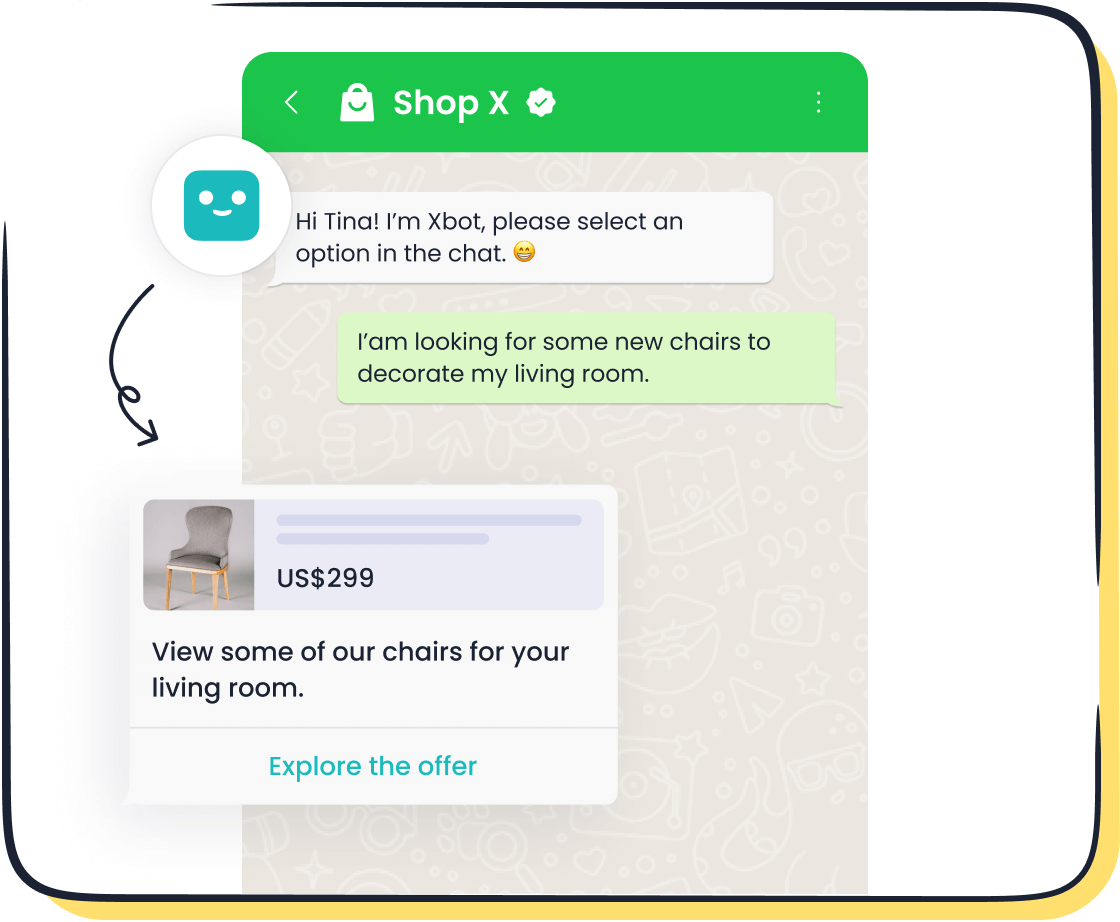
This type of service has become essential as social media usage continues to grow. Customers now expect businesses to be accessible on the platforms they use daily. By adopting a social media customer service platform, you can meet these expectations while improving your response times and overall efficiency. For example, tools like Sobot’s WhatsApp Business API enable you to automate responses, route messages intelligently, and provide 24/7 support.
How It Differs from Traditional Customer Service
Social media customer service stands out due to its speed, accessibility, and public nature. Traditional customer service often relies on emails, phone calls, or in-person interactions, which can take longer to resolve issues. In contrast, social media allows you to respond within minutes, creating a more immediate and satisfying experience for your customers.
Here’s a comparison of key metrics between the two approaches:
| Metric | Social Media Response Time | Traditional Response Time |
|---|---|---|
| First Response Time | within a few minutes | within a few hours or by end of business day |
| Average Resolution Time (ART) | within 24 to 48 hours | varies based on issue complexity |
| Number of Interactions per Case (NoIpC) | lower is better, industry-specific | varies based on initial ticket details |
Social media also offers a unique advantage by allowing you to engage with customers publicly. Positive interactions can enhance your brand image and build trust. However, this public nature also means that unresolved issues can impact your reputation. Using a reliable social media customer service platform like Sobot can help you manage these interactions effectively.
Common Platforms Used for Social Media Customer Service
Several platforms dominate the social media customer service landscape. Each offers unique features that cater to different customer needs:
- Facebook: Ideal for handling inquiries through Messenger and responding to comments on posts. Its widespread use makes it a go-to platform for many businesses.
- Twitter: Known for its fast-paced environment, Twitter is perfect for addressing quick questions or resolving complaints publicly.
- Instagram: A visual platform where you can engage with customers through comments, direct messages, and story interactions.
- WhatsApp: A powerful tool for personalized communication. With Sobot’s WhatsApp Business API, you can automate responses, send bulk messages, and analyze customer interactions to improve your service.
Choosing the right platform depends on where your customers are most active. By integrating multiple channels into a single system, like Sobot’s omnichannel solution, you can provide seamless support across all platforms.
Why Social Media Customer Service Is Important
The Rise of Social Media as a Communication Channel
Social media has transformed how businesses interact with customers. Platforms like Facebook, Instagram, and WhatsApp are no longer just for sharing updates; they are now vital communication tools. A growing number of executives recognize this shift.
| Statistic | Percentage |
|---|---|
| Executives who agree social will become the primary communications channel | 90% |
| Executives expecting increased use of social media for external communications | 84% |
| Executives who agree social will be the primary channel for customer service | 88% |
| Consumers feeling more connected when messaging businesses directly | 74% |
| Consumers preferring messaging as a way to communicate with businesses | 66% |
| Consumers expecting brands to interact meaningfully on social media | 80% |
| Consumers expecting a response from brands within 24 hours | 78% |
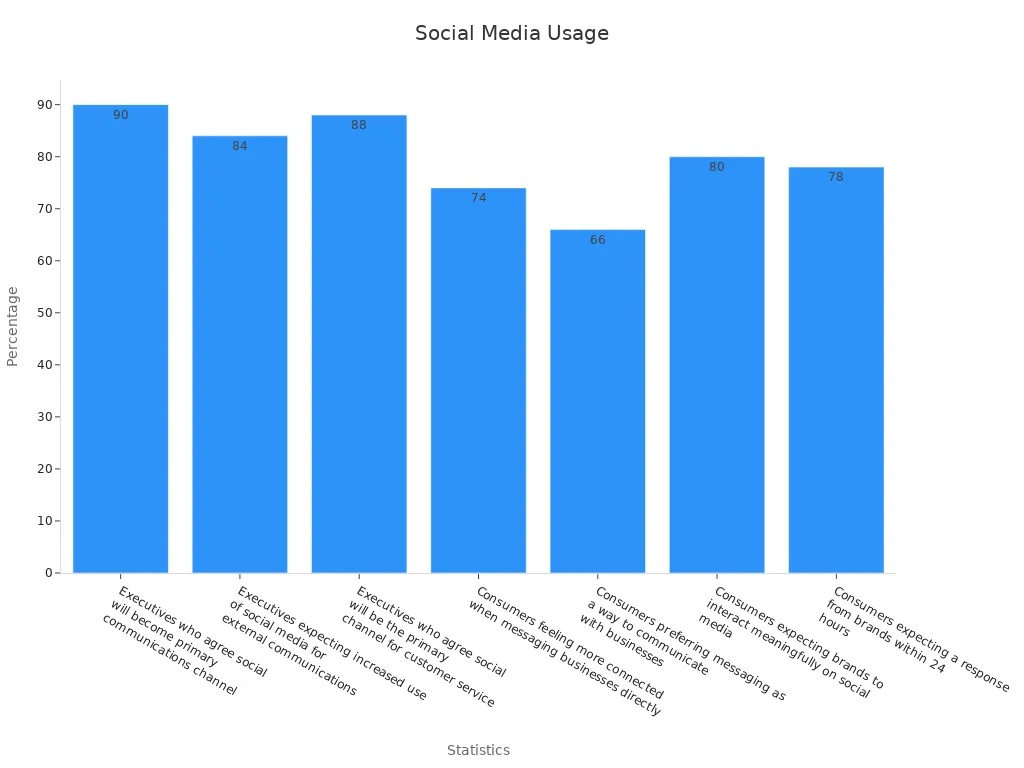
These statistics highlight the growing importance of social media customer service. By adopting tools like Sobot’s WhatsApp Business API, you can meet these expectations and provide seamless communication.
Meeting Customer Expectations in the Digital Age
Customer expectations have shifted dramatically in recent years. Over half of all interactions are now digital, and businesses must adapt to this trend. The COVID-19 pandemic accelerated digital transformation by five years, making it clear that customers demand faster and more meaningful interactions.
- 58% of customer interactions are now digital.
- 61% of organizations have adopted cross-channel initiatives for seamless service.
Social media customer service allows you to meet these expectations. Platforms like WhatsApp enable you to provide personalized support, while tools like Sobot’s omnichannel solution ensure consistency across all channels. This approach improves customer satisfaction by delivering the fast, efficient service customers expect.
The Role of Speed and Accessibility in Customer Support
Speed and accessibility are critical for enhancing customer satisfaction. Many consumers believe companies need to improve their customer experience, especially in digital interactions.
- 54% of U.S. consumers think customer experience at most companies needs improvement.
- Core demands include speed, convenience, friendliness, and knowledge.
Social media customer service excels in these areas. Platforms like Twitter allow you to respond quickly, while tools like Sobot’s AI-powered chatbot provide 24/7 support. These features ensure customers receive timely and accurate assistance, boosting satisfaction and loyalty.
Key Benefits of Social Media Customer Service

Improved Customer Satisfaction Through Quick Responses
Quick responses on social media significantly enhance customer satisfaction. When you reply promptly, customers feel valued and appreciated. Studies show that companies have improved their response rates to inquiries from 72% to 79% within three days. During business hours, response rates have surged from 73% to 93%, demonstrating how timely replies boost engagement.
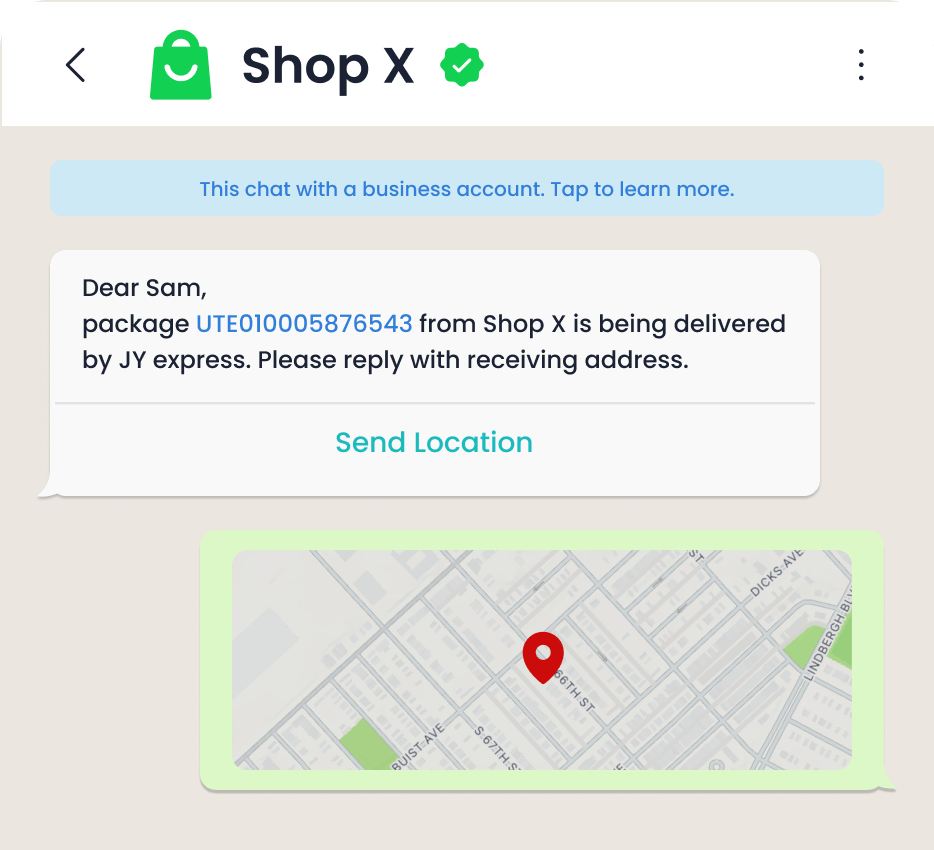
Social media platforms like WhatsApp allow you to respond instantly, meeting customer expectations for speed. Tools such as Sobot’s WhatsApp Business API streamline this process by automating responses and routing messages intelligently. This ensures customers receive accurate answers without delay.
Fast response times also reduce frustration. Customers often turn to social media when they need immediate help. By addressing their concerns quickly, you create a positive customer experience that fosters loyalty.
Enhanced Brand Loyalty and Trust
Active social media customer service builds trust and strengthens brand loyalty. When you engage with customers directly, they feel connected to your brand. Research reveals that 63% of consumers believe the quality of customer support on social media impacts their loyalty. Additionally, 62% of millennials are more likely to purchase from brands that interact with them online.
Responding to inquiries and resolving issues publicly showcases your commitment to customer satisfaction. Positive interactions on platforms like Facebook and Instagram can enhance your reputation. For example, replying to comments or direct messages demonstrates transparency and reliability.
Sobot’s omnichannel solution helps you maintain consistency across platforms, ensuring every interaction aligns with your brand voice. This consistency reinforces trust and encourages repeat business.
Cost-Effective Customer Support Solutions
Social media customer service offers a cost-effective way to manage customer inquiries. Traditional methods like call centers or email support often require significant resources. Social media platforms, however, allow you to handle multiple inquiries simultaneously, reducing operational costs.
Automation tools like Sobot’s AI-powered chatbot further optimize efficiency. These tools can answer common questions, route complex issues to human agents, and provide 24/7 support. By automating repetitive tasks, you free up your team to focus on more critical matters.
Social media also reduces the need for expensive infrastructure. Platforms like WhatsApp enable you to communicate directly with customers without additional software. With features like bulk messaging and smart chat routing, Sobot’s WhatsApp Business API ensures you deliver high-quality customer support at a fraction of the cost.
Increased Customer Engagement and Feedback Opportunities
Social media customer service opens the door to meaningful interactions with your audience. Platforms like Facebook, Instagram, and WhatsApp act as both a call center and a customer service desk, allowing you to engage directly with your customers. This direct interaction fosters a sense of connection and builds trust. When customers follow your brand on social media, they signal their interest in staying updated on your products and promotions. In fact, 68% of consumers follow brands to learn about new offerings, while 45% do so for entertaining content.
Social media also provides a real-time avenue for customers to share their opinions. This feedback helps you understand their pain points and identify trends in satisfaction. For example, a customer might comment on a Facebook post about a delayed delivery. By responding promptly, you not only resolve the issue but also show other customers that their voices matter. This transparency promotes loyalty and advocacy.
Using tools like Sobot’s WhatsApp Business API, you can enhance customer engagement further. Features like bulk messaging and smart chat routing allow you to send personalized updates and respond to inquiries efficiently. These tools also help you gather valuable feedback through automated surveys or direct conversations. By integrating these insights into your social media customer service strategy, you can continuously improve your offerings and strengthen customer relationships.
Real-Time Crisis Management and Issue Resolution
Social media’s immediacy makes it an essential tool for managing crises and resolving issues in real time. When a problem arises, customers often turn to platforms like Twitter or Instagram to voice their concerns. A swift and effective response can prevent the situation from escalating and protect your brand’s reputation.
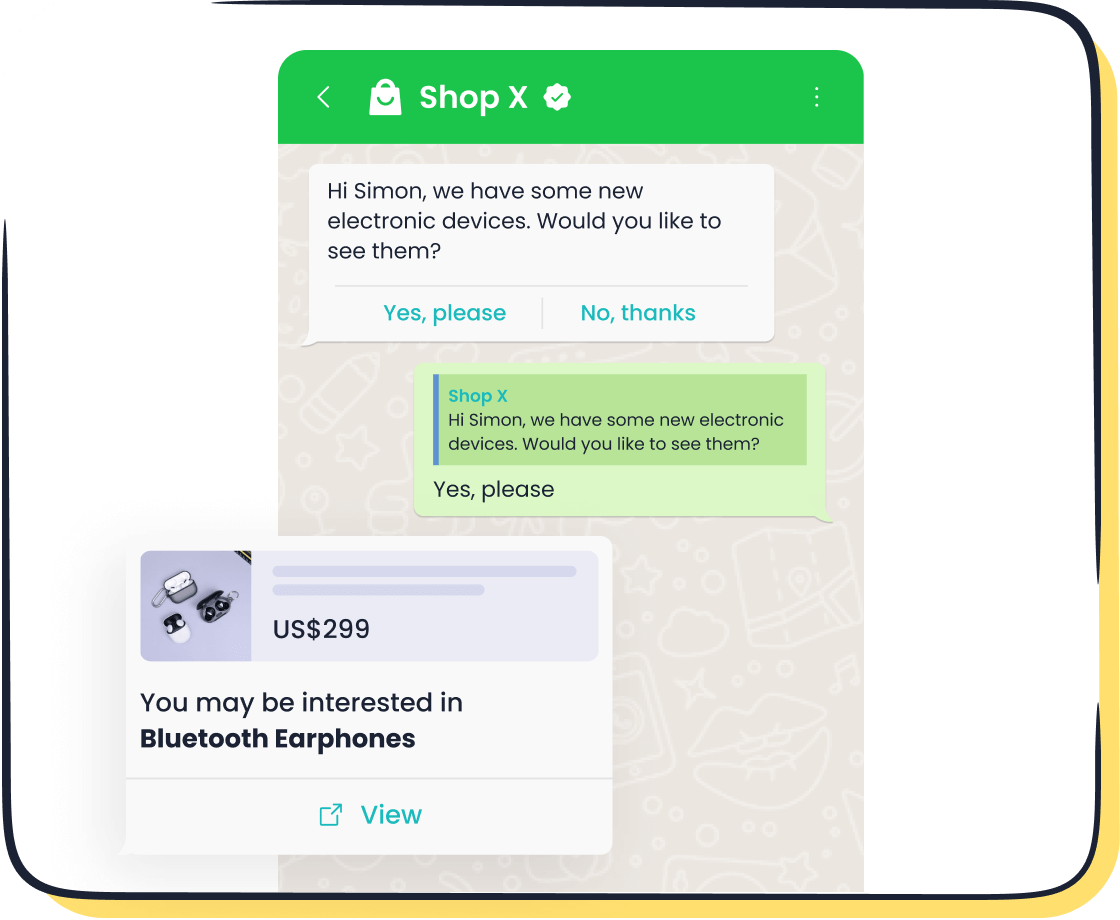
For example, imagine a product recall scenario. Customers might flood your social media channels with questions and complaints. By using a robust social media customer service strategy, you can address these concerns quickly and transparently. Tools like Sobot’s omnichannel solution enable you to monitor all platforms simultaneously, ensuring no message goes unanswered. The system’s intelligent routing feature directs inquiries to the appropriate team, speeding up resolution times.
Real-time crisis management also involves proactive communication. If you anticipate a delay in service or a technical issue, informing your customers through social media can reduce frustration. Sobot’s WhatsApp Business API allows you to send bulk notifications, ensuring your message reaches all affected customers instantly. This proactive approach not only resolves issues but also demonstrates your commitment to customer satisfaction.
By leveraging social media for crisis management, you can turn potential setbacks into opportunities to build trust. Customers appreciate transparency and quick action, which strengthens their loyalty to your brand.
Best Practices for Social Media Customer Service
Responding Quickly and Professionally
Responding quickly is one of the most critical aspects of social media customer service. Customers expect fast replies, with 42% anticipating a response within 60 minutes. On platforms like Twitter, 78% of users expect a reply in under an hour, while Facebook users typically allow up to four hours. Meeting these expectations requires a proactive approach.
Using automation tools like chatbots can significantly improve response times. For instance, Sobot’s AI-powered chatbot ensures 24/7 availability, allowing you to address common inquiries instantly. Additionally, text expanders can help your team craft professional responses quickly, maintaining a consistent tone across all customer service channels. Quick and professional replies not only resolve issues faster but also enhance customer satisfaction and trust.
Using Social Media Customer Service Software Like Sobot
Social media customer service software plays a vital role in streamlining operations. Tools like Sobot provide features that enhance efficiency and scalability. Here’s how Sobot’s software can benefit your business:
| Feature | Benefit |
|---|---|
| Automated Ticket Creation | Ensures customer issues are tracked and resolved efficiently. |
| Detailed Analytics | Provides metrics on response times and customer satisfaction, aiding in performance evaluation. |
| Increased Efficiency | Allows handling of more inquiries without increasing staff, optimizing resource use. |
| Scalability | Supports business growth by managing more interactions without significant cost increases. |
| Actionable Insights | Offers insights into customer behavior and team performance for continuous improvement. |
By integrating Sobot’s social media customer service software, you can manage multiple platforms like WhatsApp, Facebook, and Instagram from a single dashboard. This unified approach ensures seamless communication and improves your team’s productivity.
Training Your Team for Social Media Interactions
Proper training is essential for delivering exceptional social media customer service. Your team must understand how to handle inquiries professionally while maintaining your brand’s voice. Start by educating them on the unique dynamics of each platform. For example, Twitter requires concise responses, while Instagram may involve more visual engagement.
Role-playing exercises can prepare your team for various scenarios, from handling complaints to responding to positive feedback. Additionally, familiarize them with tools like Sobot’s omnichannel solution, which simplifies managing customer interactions across multiple platforms. Regular training sessions ensure your team stays updated on best practices for social customer service, enabling them to provide consistent and high-quality support.
Monitoring and Analyzing Customer Feedback
Monitoring customer feedback on social media helps you understand your audience and improve your service. Social media platforms provide a wealth of data, from comments and mentions to direct messages. By analyzing this feedback, you can identify trends, address recurring issues, and enhance customer satisfaction.
To monitor feedback effectively, focus on key metrics that reveal customer sentiment and service performance. These metrics include:
| Metric Type | Description |
|---|---|
| Brand Mentions Over Time | Tracks how often your brand is mentioned, helping you gauge overall sentiment. |
| Negative Comments | Monitors the volume of negative feedback to pinpoint areas needing improvement. |
| Technical or Account Questions | Assesses the number of inquiries related to technical issues or account management. |
| Questions Answerable by Other Material | Evaluates how many questions could be resolved through existing support resources. |
Using tools like Sobot’s omnichannel solution, you can centralize feedback from platforms like WhatsApp, Facebook, and Instagram. This system simplifies tracking and analysis, enabling you to respond quickly and refine your strategy. For example, if negative comments spike after a product launch, you can address concerns immediately and adjust your approach.
Analyzing feedback also helps you improve your knowledge base. If many questions could be answered by existing resources, updating FAQs or chatbot scripts can reduce repetitive inquiries. This proactive approach enhances efficiency and customer satisfaction.
Maintaining a Consistent Brand Voice Across Platforms
A consistent brand voice ensures your social media customer service aligns with your identity. Customers expect brands to communicate in a way that reflects their personality and values. Maintaining this consistency builds trust and fosters loyalty.
Your brand voice includes three key components:
| Component | Description |
|---|---|
| Brand Voice | Represents your brand's personality, ensuring uniformity across all communications. |
| Tone | Reflects the emotional inflection used in messages, evoking appropriate feelings. |
| Vocabulary | Incorporates specific words and phrases that align with your brand identity. |
To achieve consistency, use the same tone and vocabulary across platforms. For example, if your brand is friendly and approachable, ensure responses on Twitter match those on WhatsApp. Tools like Sobot’s WhatsApp Business API help maintain this uniformity by centralizing communication and automating responses.
Consistency also strengthens connections with your audience. Research shows that authentic engagement on social media drives brand loyalty. When customers recognize your voice across platforms, they feel more connected to your brand. This connection encourages repeat business and advocacy.
By training your team and using tools like Sobot’s omnichannel solution, you can ensure every interaction reflects your brand’s identity. This approach not only enhances customer satisfaction but also reinforces your reputation as a reliable and trustworthy business.
Real-World Examples of Successful Social Media Customer Service
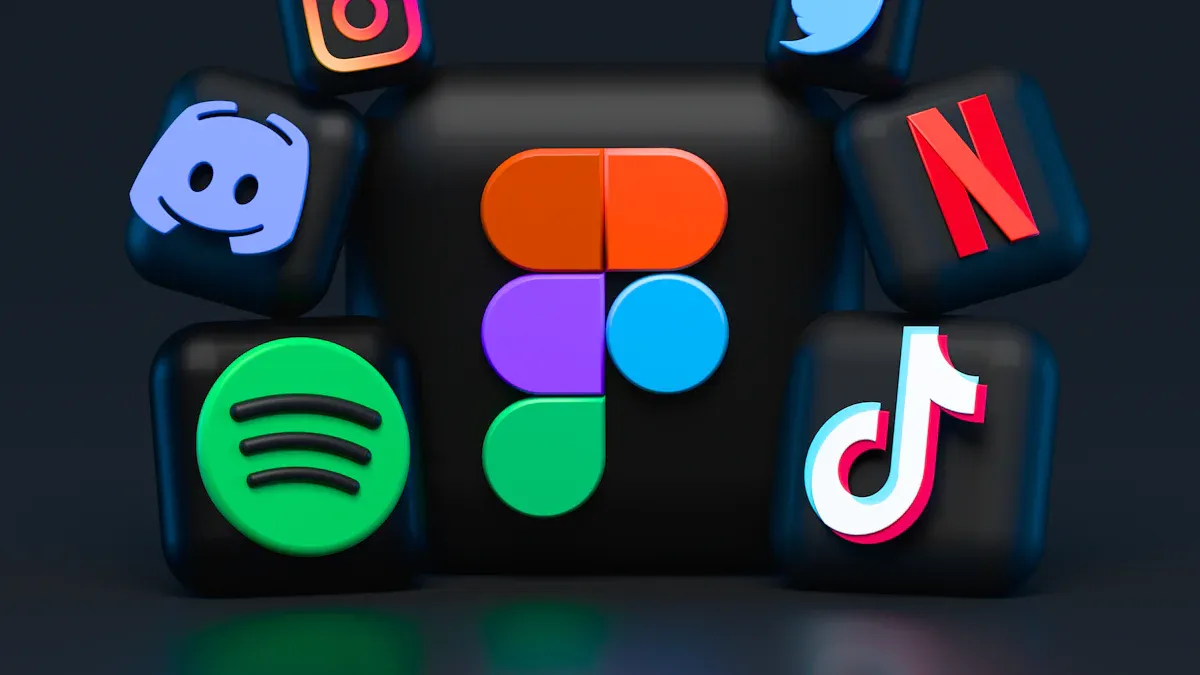
Case Study: Opay’s Success with Sobot’s WhatsApp Integration
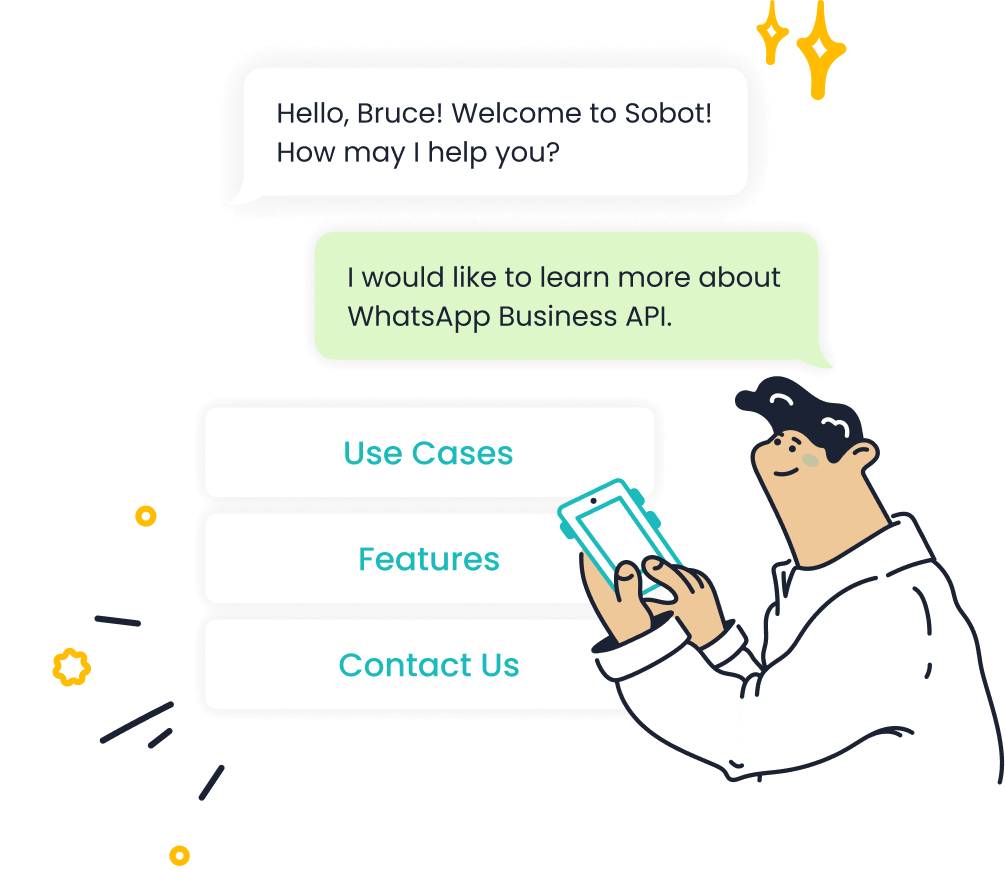
Opay, a leading financial service platform, transformed its social customer care strategy by integrating Sobot’s WhatsApp Business API. This integration allowed Opay to manage customer inquiries across multiple channels seamlessly. By using Sobot’s omnichannel solution, Opay streamlined its operations and improved response times. The WhatsApp Business API enabled features like bulk messaging and smart chat routing, ensuring customers received timely and accurate support.
The results were remarkable. Opay achieved a 90% customer satisfaction rate, a significant improvement from its previous performance. Additionally, the platform reduced operational costs by 20% and increased conversion rates by 17%. These outcomes highlight how effective social media customer service can drive success. Opay’s case demonstrates the value of adopting advanced tools to enhance customer interactions.
| Company | Customer Satisfaction Rate | Description |
|---|---|---|
| Opay | 90% | Successfully integrated Sobot's solutions for customer service |
| Michael Kors | N/A | Enhanced customer service and marketing with Sobot's solutions |
| Samsung | 97% | Achieved high customer satisfaction with Sobot's all-in-one solution |
| Agilent | N/A | Increased customer service efficiency sixfold with Sobot's platform |
Lessons Learned from Industry Leaders
Industry leaders like Samsung and Michael Kors have shown how social customer care can elevate brand reputation. Samsung achieved a 97% customer satisfaction rate by using Sobot’s all-in-one solution. This approach allowed Samsung to provide consistent support across platforms, ensuring every customer interaction aligned with its brand values. Similarly, Michael Kors leveraged Sobot’s tools to enhance both customer service and marketing efforts, creating a seamless experience for its audience.
The key takeaway is the importance of integrating advanced solutions into your social media customer service strategy. Tools like Sobot’s WhatsApp Business API enable you to automate responses, manage inquiries efficiently, and maintain a consistent brand voice. These practices not only improve customer satisfaction but also build trust and loyalty.
How Small Businesses Can Leverage Social Media for Customer Service
Small businesses can also benefit from adopting social customer care strategies. Social media platforms like WhatsApp and Instagram offer cost-effective ways to engage with customers. By using tools like Sobot’s WhatsApp Business API, you can automate responses and provide 24/7 support without needing a large team.
Start by identifying the platforms your customers use most. Focus on providing quick and professional responses to build trust. Use features like bulk messaging to share updates and promotions. Additionally, gather feedback through direct interactions to understand your customers’ needs better. These steps can help you create a strong social media customer service presence, driving both satisfaction and loyalty.
Social media customer service offers numerous advantages, including improved customer satisfaction, enhanced loyalty, and greater efficiency. By addressing customer concerns quickly and transparently, you can foster trust and strengthen relationships. For example, a disgruntled AT&T customer on Twitter praised Comcast for resolving their issue promptly, showcasing how effective social media interactions can boost perceptions and provide a competitive edge.
Social platforms also enable businesses like KISU to gather visible feedback, leading to strategic improvements and better customer retention. This visibility not only enhances your service but also builds credibility with your audience.
Adopting social media customer service ensures you stay relevant in today’s fast-paced market. Tools like Sobot’s WhatsApp Business API simplify communication, helping you deliver seamless support. Start implementing these strategies to elevate your customer experience and secure long-term success.
FAQ
What is social media customer care?
Social media customer care refers to using platforms like Facebook, Instagram, and WhatsApp to assist customers. It involves addressing inquiries, resolving issues, and engaging with users directly. This approach ensures faster responses and builds stronger relationships, making it a vital part of modern customer service strategies.
How does social media improve customer care?
Social media enhances customer care by providing real-time communication. Platforms like WhatsApp allow you to respond instantly, meeting customer expectations for speed. Tools like Sobot’s WhatsApp Business API automate responses and streamline interactions, ensuring efficient and effective support across multiple channels.
Why is social media customer care cost-effective?
Social media reduces costs by enabling you to handle multiple inquiries simultaneously. Automation tools like Sobot’s AI-powered chatbot manage repetitive tasks, freeing up your team for complex issues. This approach minimizes the need for extensive infrastructure, making it a budget-friendly solution for businesses.
Can small businesses benefit from social media customer care?
Yes, small businesses can leverage social media for customer care effectively. Platforms like Instagram and WhatsApp offer affordable ways to engage with customers. Tools like Sobot’s WhatsApp Business API provide automation and 24/7 support, helping small businesses deliver professional service without a large team.
How does Sobot enhance social media customer care?
Sobot offers tools like the WhatsApp Business API to optimize customer care. Features include bulk messaging, smart chat routing, and 24/7 chatbot support. These tools improve response times, enhance engagement, and ensure consistent service across platforms, making Sobot a valuable partner for businesses.
See Also
10 Essential Guidelines for Selecting Social Media Support Tools
10 Strategies to Enhance Customer Satisfaction via Live Chat
10 Key Advantages of Integrating a Chatbot on Your Site
AI-Powered Customer Service Agents Transform Support Experience
